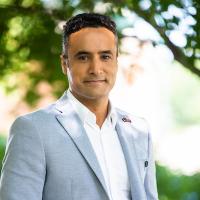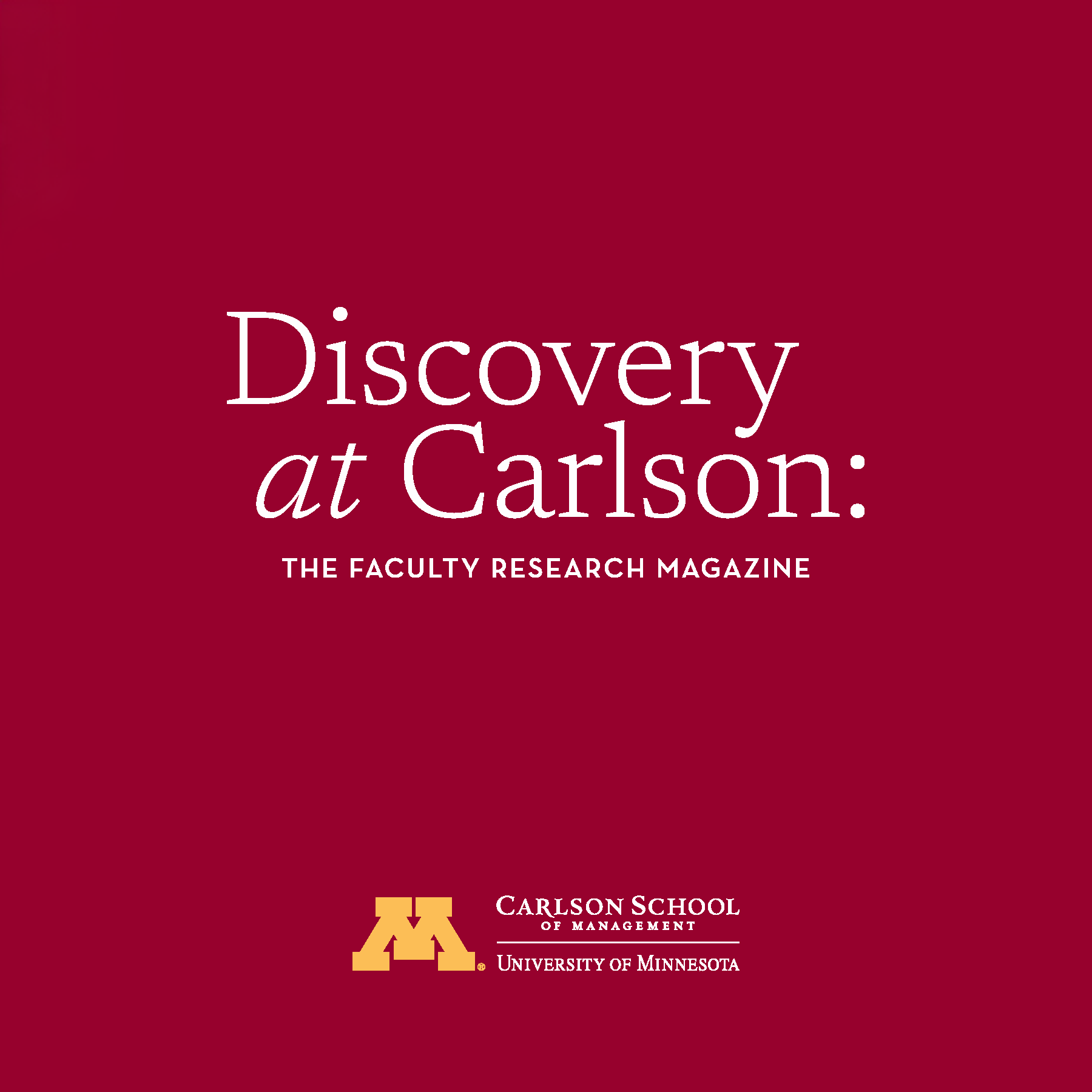
How Mental Health Apps Can Reduce Inequities
Thursday, May 9, 2024
By Charly Haley
With more than 700 million people around the world experiencing mental illness, the growing need for accessible and equitable mental health care is undeniable. New research from the Carlson School points to mental health mobile apps as a possible solution.
In a paper recently published by Production and Operations Management, the researchers—Yi Tang, ’24 PhD, Adam Moen, ’12 BSB, Professor KK Sinha, and Assistant Professor Necati Ertekin—show how mental health mobile apps can be more equitable than traditional clinic-based services.
Sinha explained the problem through the lens of supply chain management: The demand for mental health care is increasing—likely higher than statistics suggest because of stigmas commonly associated with identifying mental illness and seeking care—and the supply side isn’t keeping up. “The issue becomes worse for underserved populations,” he added. “There are huge disparities and inequities.”
Sinha and co-authors studied data from activity records of more than 1,000 users of a mental health mobile app from May 2015 to February 2018. The app includes two functions: self-reflection and peer group.
Recognizing the well-documented inequities in access to care, the researchers put users into two groups. The “better-served population” was defined as people who identified as female, heterosexual, and white, and the “underserved population” encompassed non-female, non-heterosexual, and/or non-white identities. (These definitions were based on past research showing who is more likely to seek out and benefit from clinic-based mental health care.)
The study found that both groups used the app a similar amount and reported similar levels of health benefit from using the app, demonstrating decreased inequities across populations characterized by their race-ethnicity, gender, and sexual orientation.
These findings could be applied to a range of practical uses. Companies and governments could consider investing in efforts to increase access to mental health mobile apps. Clinics could consider complementing their services with mental health mobile apps.
To Sinha, one of the most important takeaways is that “people should not hesitate to use mobile apps as a vehicle for seeking help.”
This research is personal for the authors. “This issue has been on my mind for a while now, mostly because it is afflicting our students in extremely large numbers. I immensely care about it,” said Sinha, chair of the Supply Chain and Operations Department and Elmer L. Andersen Chair in Sustainable Supply Chain.
In partnership with Moen and other practitioners who are leveraging analytics and artificial intelligence (AI) to improve accessibility and advance equity in mental health care delivery, Sinha hopes to expand on this research by developing ways to connect app users with effective professional care when needed. The co-authors hope that others will utilize and expand upon their findings as well.
This research was funded by Cisco’s Tech for Healthcare Research Grant.


